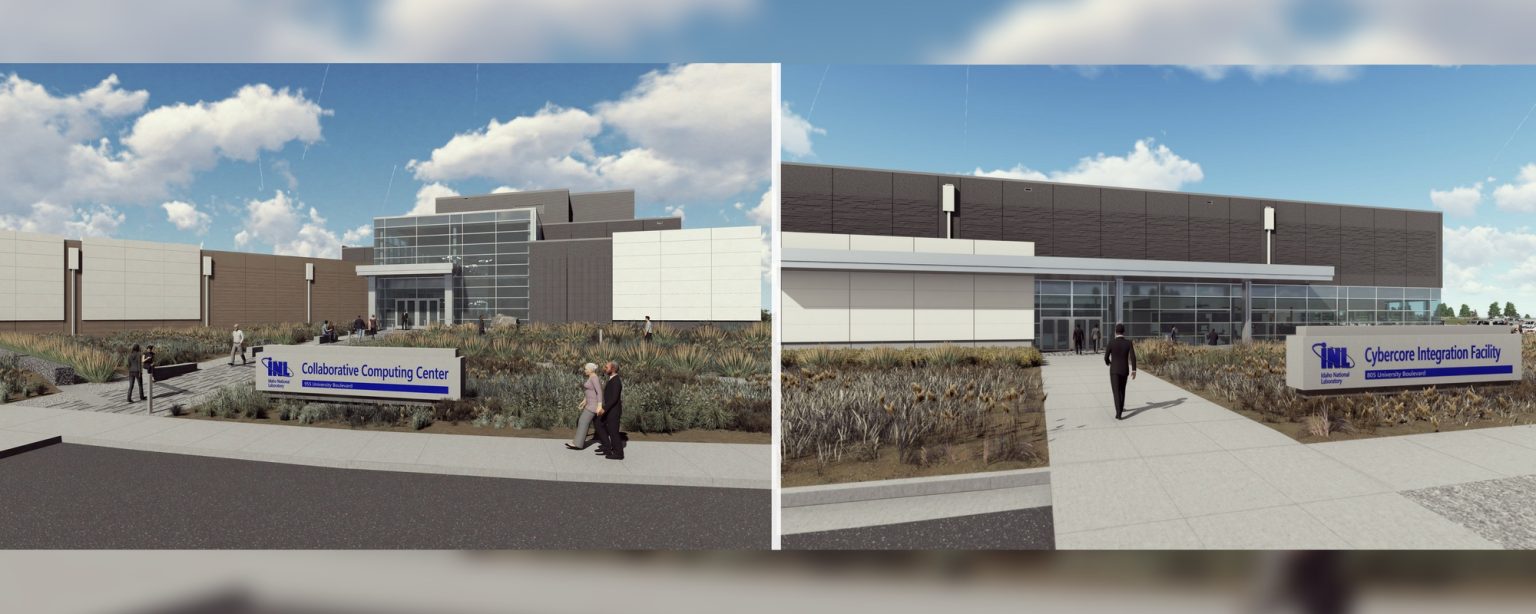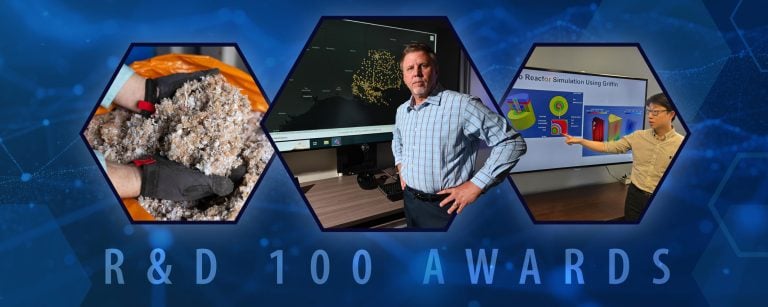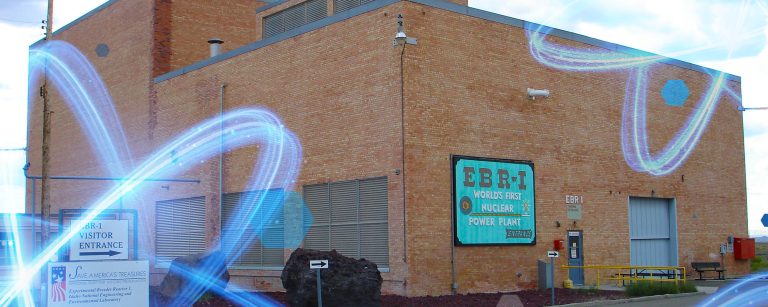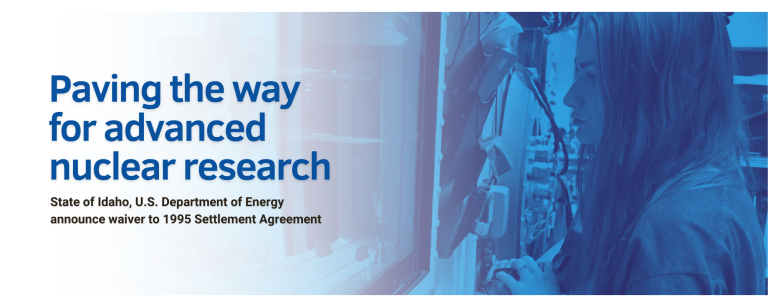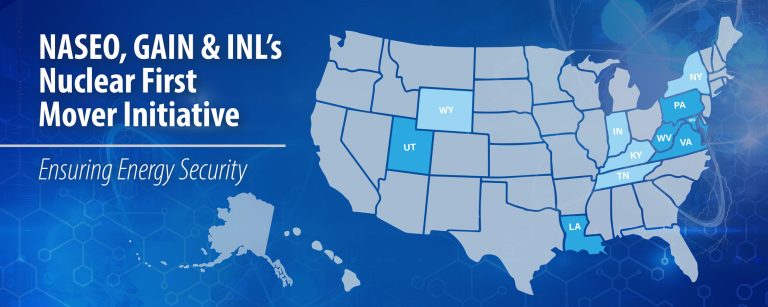Idaho State Board of Education, INL break ground on two research facilities
Leading the way in securing our nation’s energy future, Idaho National Laboratory, together with the Idaho State Board of Education, is breaking ground on two new research facilities: the Cybercore Integration Center and the Collaborative Computing Center (C3).
On Wednesday, April 11, key stakeholders and elected officials celebrated the beginning of a strategic partnership to advance research and educational collaboration in Idaho.
“Supporting this collaboration is about much more than new facilities; we are investing in Idaho’s future,” Idaho Governor C.L. “Butch” Otter said. “The Lab is a major employer in its own right and has a global reputation that benefits many other Idaho businesses. But in addition to the INL’s continuing economic importance, this partnership provides Idaho universities with an important edge in preparing tomorrow’s world leaders in cybersecurity and nuclear energy research.”
Cybercore Integration Center will host advanced electronics labs for industry, government and academia to work together to systematically engineer cyber and physical security innovations to protect the nation’s most critical infrastructure, like the power grid.
The Collaborative Computing Center will provide a modern computing environment, hosting research collaborations and opportunities that would otherwise not be possible – a place where INL researchers, Idaho universities, and industry will explore computer modeling and simulation to develop new nuclear materials, advance nuclear energy concepts and conduct a broad span of scientific research.
“We are working with Idaho’s universities to strengthen partnerships, for example, by tailoring internships for students seeking advanced degrees in nuclear engineering, mechanical engineering, materials science, chemical engineering and computer science,” INL Director Mark Peters said. “Students are the talent of the future, and we want to invest in their success. By offering these career-enhancing opportunities, everyone wins.”
Idaho State Board of Education will retain the economic benefit that will be created by the financing, construction, and operation of these facilities. This endeavor enables educational opportunities, globally significant research, and economic opportunity. Off-site computer users, such as students and faculty at Idaho’s universities and colleges, will also have remote access to the high-performance computing systems in the Collaborative Computing Center through the Idaho Regional Optical Network (IRON).
“We are positioned for the future. This is an exceptional example of a public/private partnership working to advance the educational offerings across the entire state,” said Dr. Linda Clark, president of the Idaho State Board of Education. “We are excited about the opportunities this provides for all of Idaho’s institutions of higher learning.”

